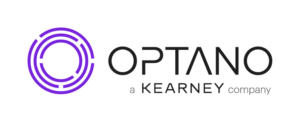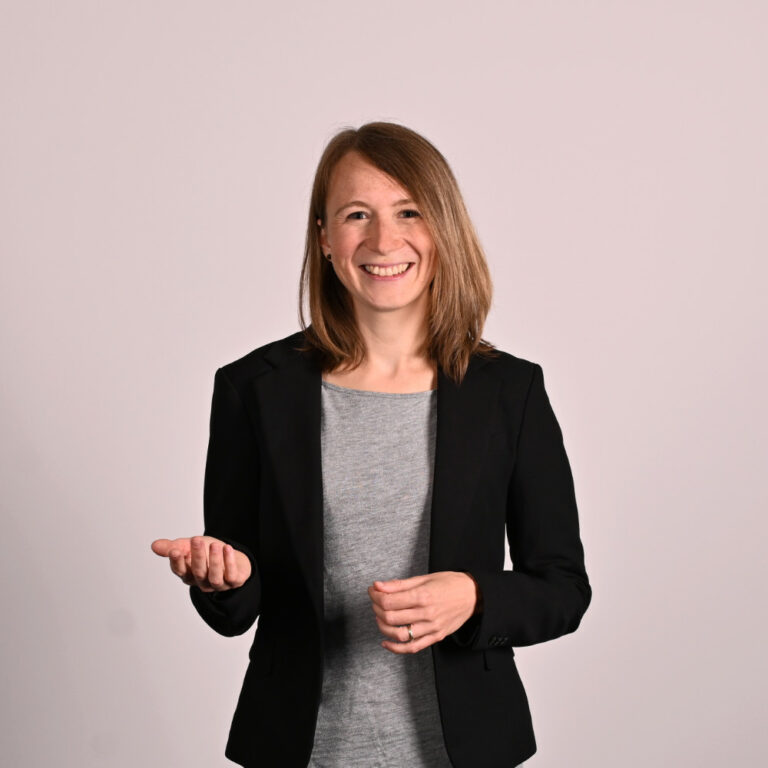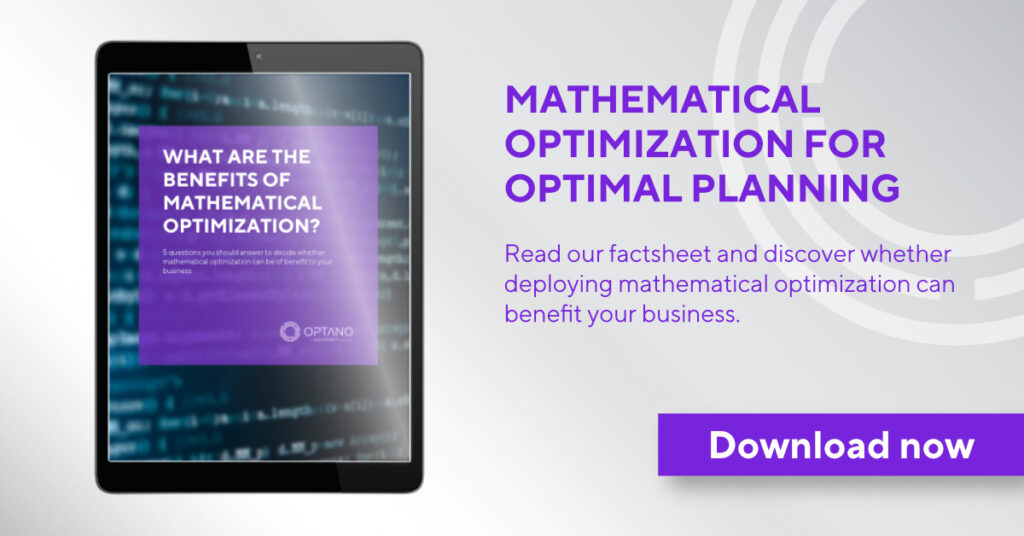KPI benchmark to minimize unproductive travel times in the service department
The Client
Lavazza Professional is a well-known manufacturer and operator of vending machines. Although cold beverage and snack vending machines are also part of its portfolio, the company is primarily known for its strong market position in hot beverage vending machines – especially coffee. The company has customers in a wide range of sectors, with medium-sized companies from the manufacturing and logistics industries making up the majority. Service is particularly important. Not only because the companies expect the machines to be readily available to all employees but also because Lavazza Professional generates its revenue from the consumables – if one of the machines is defective, no revenue is generated.
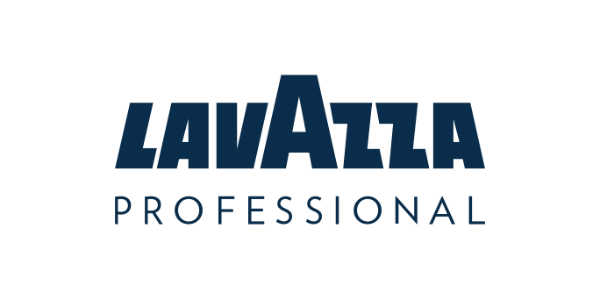
Mathematical
Benchmark
Mathematically calculated optimum as a reference value for productivity measurement.
Strategic decision making with complex what-if
scenarios.
What if?
Deep
insight
Overview of structures, dependencies and mechanisms of action in the company.
Results serve as a basis for process improvements in other country organizations.
Overlapping
Usage
Thanks to mathematical optimization, a wide variety of scenarios and their effects on all areas of the company can be simulated precisely.
The challenge
To ensure the smooth operation of all the machines installed, Lavazza Professional employs a team of service technicians. These technicians are responsible for defined areas. The service includes regular maintenance and troubleshooting. While the former can be planned with long lead times, the planning cycles for trouble-shooting are very short. The latter account for the significantly larger share of all operations and thus represent a major challenge in the scheduling of orders. Here it is not only important to eliminate the disruption as quickly as possible, but also to keep the amount of unproductive travel time as low as possible. The objective of this project is to conduct a study to determine whether the use of software-based route assignment would result in a significant reduction in travel time.
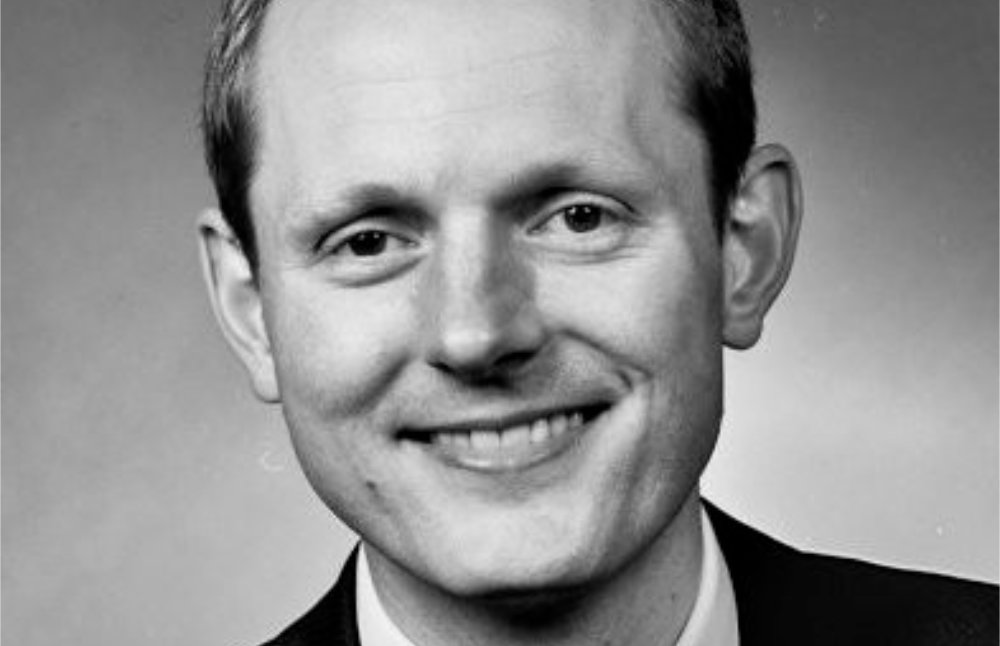
Finance Director
Lavazza Professional
The Solution
In a first step, historical order data from the last three years was processed in detail. In addition to many other factors, the job location and urgency of the order played a role. On this basis, OPTANO developed a simulation model that accurately depicts all relevant order scheduling processes at Lavazza Professional. Detailed geo-information was also used to implement optimal route planning with the aim of minimizing travel time. On this basis, it was possible to evaluate various scenarios to answer the question of how high the productivity uplift would have been by using optimized route planning.
The success
Transparency and an open mindset towards results are essential prerequisites for a relevant outcome, especially in feasibility studies. Only in this way do studies have the opportunity to deliver results and findings that were not expected in this form in advance. It is precisely the task of a study to investigate whether mathematical optimization can lead to (sufficiently large) savings – or not. The study at Lavazza has shown how important this approach to such problems is.
Simulation in different scenarios showed that only a marginal uplift would be achieved by introducing optimized route assignment. The intelligently tailored area assignments as well as the high level of experience and organization of the employees, some of whom have been with the company for many years, lead to productivity close to the mathematically optimal result. In addition, there is another decisive factor: the good cooperation within the team. This means that tasks are quickly and unbureaucratically distributed among the team members when circumstances require it – for example, when unplanned new orders come in. This creates a high level of dynamism in the processes, which is largely responsible for the good performance compared to the mathematically calculated optimum.
The intensive study of the available data led to a deeper understanding of the processes and cross-dependencies within the company. As a result, Lavazza was able to identify many measures that will continue to ensure and promote the team’s very good work. The focus is now on improved knowledge transfer, autonomy and team-building among the technicians. The results of the German study have aroused great interest in the other national companies, where they also serve as a possible basis for tactical and strategic process improvements.
How can we help you?
You are also welcome to use our contact form. We will then get back to you as soon as possible!
We look forward to talking to you!
